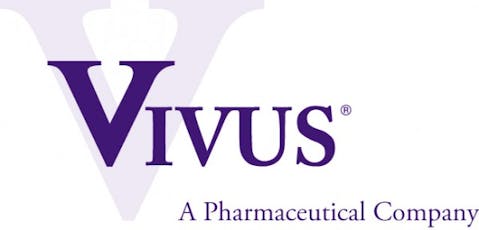The importance of an FDA drug approval cannot be denied, but it is also a fact that the event can have different effects on the stock price. The ideology of buying on the rumor and selling on the news is a major factor when it comes to stock slides after drug approvals. This is because Investors sometimes prefer taking profits after approvals and sell the stock on the approval news. This is of course only applicable to small-cap biopharmaceutical companies, where valuations are entirely dependent on a single drug approval.

These examples demonstrate effectively the unpredictability of actual commercial success of a drug. The most important factor at the end of the day is the willingness of insurers to provide coverage and doctors to prescribe the drug. Qsymia was being valued pretty high by analysts but the stock has depreciated significantly since FDA approval. As I mentioned above, the two primary constraints to Vivus appreciation are the insurance coverage and the willingness of doctors to prescribe the drug.
Vivus
Qsymia is still fighting to penetrate the obesity market, and despite mediocre sales, it’s still too soon to write it off completely. The company is facing tough competition from its archrival and competitor Arena Pharmaceuticals, Inc. (NASDAQ:ARNA). Belviq is a safer product as compared to Qsymia but is also less effective. Arena stock has been suspended between $8 and $12 despite stellar analyst ratings. This is because compared to Qsymia, Belviq is safer but also less effective.
As opposed to Arena, Vivus has taken a beating after poor sales results of Qsymia. However, a recent filling shows that sales are finally picking up. According to data released by the company, shipments for the period ending 12/21/12 were 12,978 as compared to 7,749 in the previous period, an increase of approx. 68%.
The company has also released data for its study on the effect of Qsymia on weight loss. According to company disclosures, the study shows that treatment with Qsymia led to significant improvements in blood pressure, triglycerides and cholesterol in obese patients suffering from one or more of these ailments. Moreover, the positive effects were even more exaggerated in patients who lost 10% or greater weight during the treatment.
According to an investigator in the study, Suzanne Oparil, M.D. (Director of the Vascular Biology and Hypertension Program, University of Alabama at Birmingham):
“This provides clear evidence that patients with hypertension or high cholesterol treated with Qsymia for one year experienced significant weight loss and clinically meaningful improvements in their underlying cardiovascular risk factors.”
This should be exciting news for Vivus investors because it gives doctors more reason to recommend weight loss drugs to their obese patients. I reiterate my buy rating on Vivus due to my belief that Vivus has a greater ability to reduce weight as compared to alternatives, and new studies should reduce doctor reluctance in prescribing the drug.
The article This Obesity Bet Just Became More Attractive originally appeared on Fool.com and is written by Mohsin Saeed.
Copyright © 1995 – 2013 The Motley Fool, LLC. All rights reserved. The Motley Fool has a disclosure policy.





